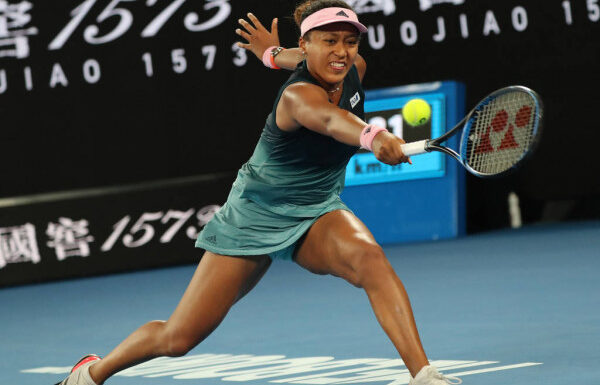
Have you ever had to quit or walk away from something that you committed to because of your mental health? A time that you had to actually acknowledge you had a problem, and then admit it to those relying on you to fulfill an obligation? Admittedly, I have, and it was crushing, demoralizing, and humiliating. The situation I faced seems minuscule to that of Naomi Osaka—a tennis great who withdrew from the French Open and revealed that she has experienced depression and anxiety since winning her first major at the 2018 US Open.
Quitting was never an option for me. I had always persevered, pushed hard, and overcame adversity—even an eating disorder.
***
I had committed to coaching a U.S. Maccabi Women’s soccer team in Europe. My employer at the time had financially provided me the opportunity to pursue this venture. Prior to leaving for this international trip, I was in a crippling state of mind—early in my first pregnancy and battling severe anxiety. The thought of quitting before I even started sounded enticing, but I felt compelled to complete what I had promised. Moreover, my decision to push through was solidified when my boss ridiculed me and instantly disapproved of me backing out—despite expressing the current state of my mental health.
When abroad, I struggled terribly. I was uncomfortably jittery, couldn’t sleep, and had constant attacks of heart-pounding panic. I wasn’t able to focus on anything else, and felt completely distracted from what I was supposed to be doing. I recognized the damage I was causing my body, my mind, and my spirit, and felt there was no way out, except to walk away—quit.
My question to my former employer, and to all of those out there criticizing, chastising, and scolding Naomi Osaka:
If I, or she, had an untreated fractured bone resulting in sharp, stabbing pain that got worse with movement, would it have been acceptable to withdraw or ‘quit’ if a commitment was causing further damage or trauma?
Unlike physical ailments, many mental illnesses are associated with stigma. Whether it is self-directed or from society, dealing with this “shame” can be debilitating.
Can you imagine how she must’ve been feeling on the inside if she voluntarily withdrew herself from one of the biggest tournaments in the world? She fully knew the repercussions and backlash she would face if she made this decision.
I played sports at a high level, but nowhere near that of Naomi Osaka. The difficulty of being a professional athlete in this age of social media where everyone can just comment on athletes without consequences is tremendous. I more than admire her courage and greatly respect her decision to withdraw from the French Open for her “well-being.” She has, without doubt, set an example worldwide for those like myself to acknowledge, accept, and advocate for one’s mental health. She may not have won the 2021 French Open, but she did something far greater that will leave a lasting positive impression on our society forever.